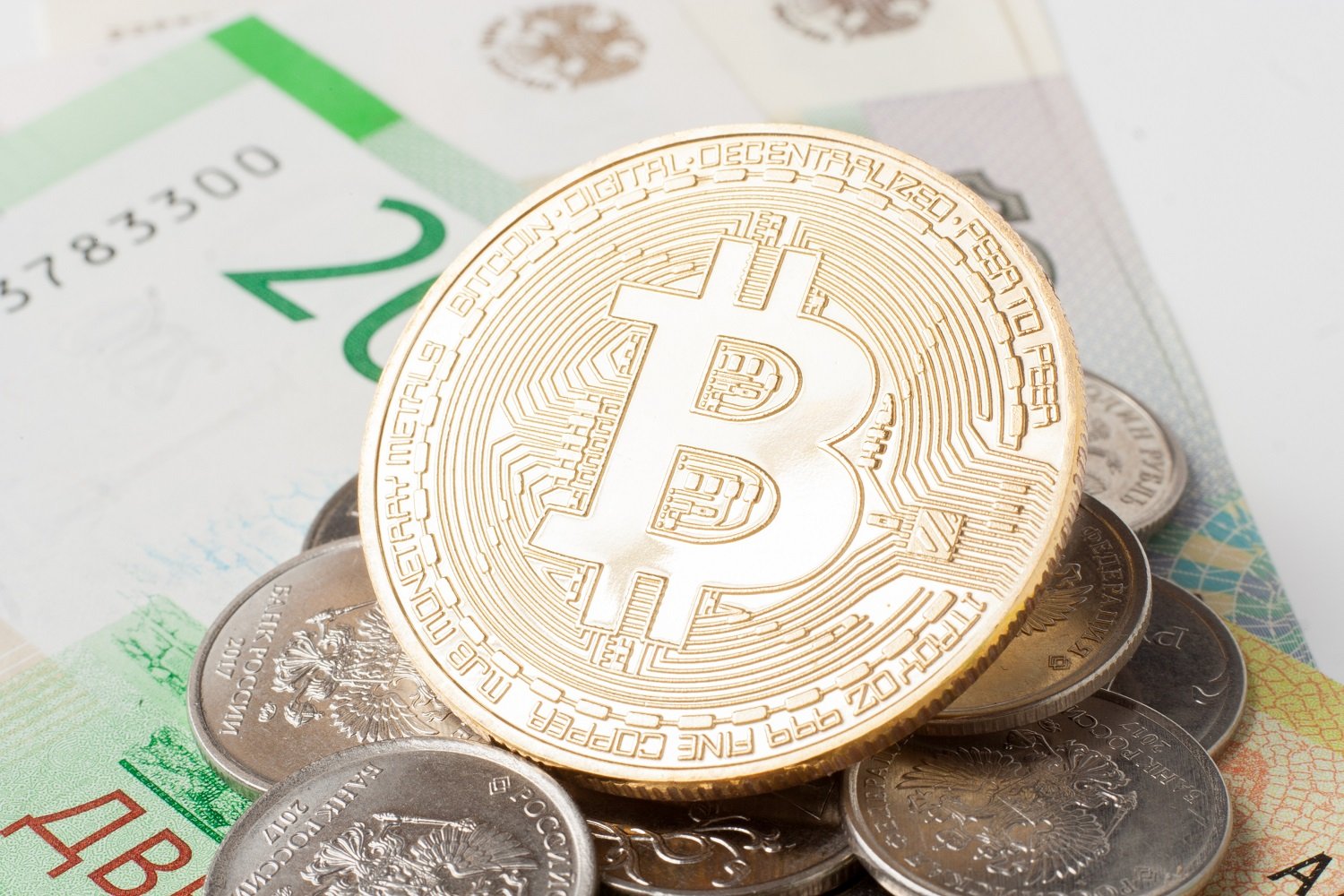Russian Crypto Market: The Russian peer-to-peer (P2P) crypto market is experiencing rapid growth, as highlighted in a recent report by Schard, a leading cryptoasset security platform. According to their findings, vendors in Russia can now access a staggering daily trade value of approximately $296 million. While many nations have implemented regulatory frameworks for crypto exchanges, Russia has yet to establish comprehensive regulations for the industry. Consequently, several major crypto trading platforms have sought regulated environments abroad, leaving room for smaller exchanges and over-the-counter deals to flourish domestically.
P2P Transactions Create Risks for Users and Banks
Schard raised concerns about the risks associated with P2P transactions for both users and banks. Unregistered exchanges have been utilizing bank accounts to facilitate these transactions, potentially jeopardizing the reputation and stability of financial institutions. Fedor Ivanov, the Director of Schard, emphasized the importance of addressing these risks promptly. He stressed that most crypto exchange services operate without proper registration and lack a clear organizational and legal structure. Thus, the need for enhanced security in the Russian crypto transactions sector becomes increasingly apparent.
The Call for Regulatory Reforms
Ivanov noted that the absence of a regulatory framework in Russia’s crypto market has prompted the demand for better security measures and oversight. The introduction of comprehensive regulations would benefit individual crypto traders as well as Russian crypto firms. Consequently, a new regulatory system could bring much-needed stability and transparency to the market, fostering trust among participants.
Challenges on the Path to Legalization
While there have been assurances from Russian parliamentarians regarding the potential legalization of industrial crypto mining and token usage in international trade, past efforts have encountered obstacles. The Ministry of Finance, which supports the crypto industry, has often clashed with the Central Bank, known for its skepticism towards cryptocurrencies. These conflicting viewpoints have contributed to delays in enacting comprehensive regulations.
The Russian P2P crypto market is undergoing exponential growth, with vendors gaining access to significant daily trading volumes. However, the absence of regulatory measures has allowed unregistered exchanges to flourish, posing risks to users and banks alike. The urgent need for enhanced security in the crypto transactions sector highlights the importance of implementing a comprehensive regulatory framework. If successful, such regulations would provide stability, transparency, and increased confidence for individual traders and Russian crypto firms.

